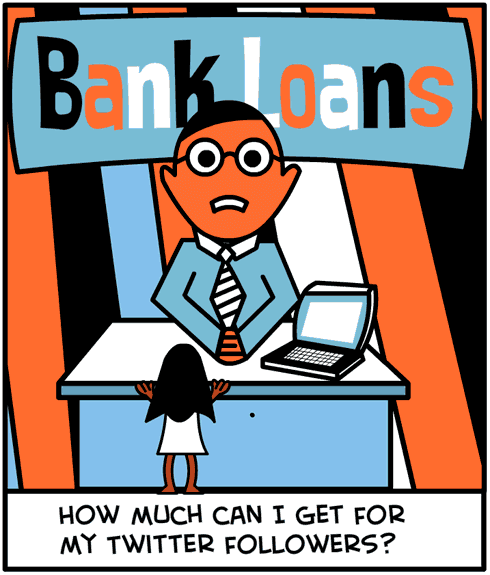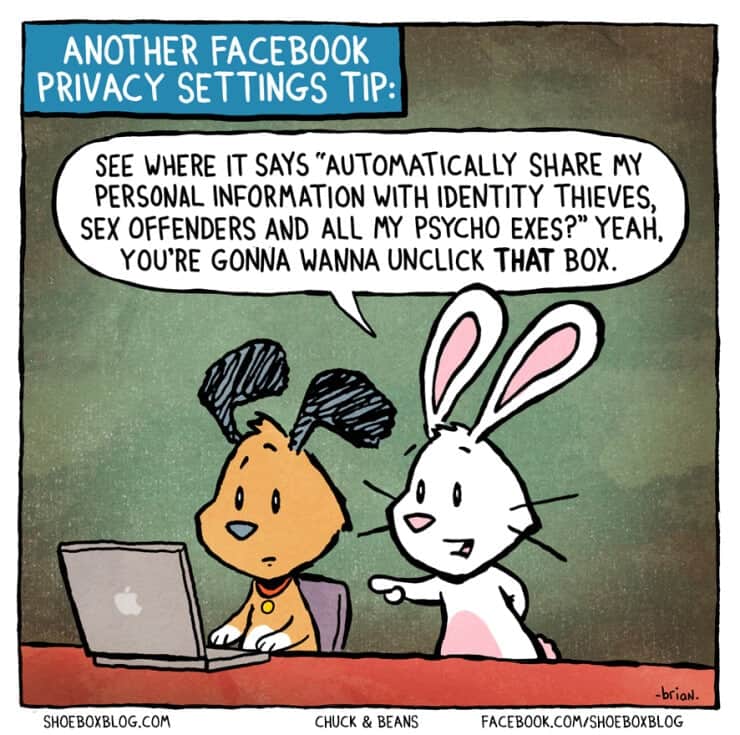You can’t take them to the bank!

Figure 1: Social capital (Source: Ideal Economy. 2011, May 3)
Social Capital
It’s about quality connections and not about how many followers you have. It’s about running in a dense social circle with connection that have the same mission – how are you measuring your social capital?
If you had the opportunity to have 100 dollars placed in your bank account for business or were given the resources of 10 people, which one would you take?
Social capital is a greater asset than a dollar bill so therefore the investment is greater in people than it is in dollars and cents. Building your network on quality connections gains traction and aids you to move faster.
You could ask:
- 10 people for 100 dollars each = 1000
- 10 people to provide business input = invaluable
- 10 people to develop a process, idea or cause = invaluable
- 10 people to connect you with 10 other people = ∞
High social capital enables new startup’s to gain a large amount of traction with leg-ups and or resources; financial or otherwise.
An employee sitting in a cubicle that has high social capital has greater value than someone who does not interact or connect with others. Joe Soap who successfully moved up in his career has gathered people along the way, not only gathered but leverage from them, not in a negative sense he will have provided value and nurtured those relationships. It’s a combination of reputations and relationships, which is what a successful business is built on.
High social capital makes you healthier, wealthier and happier. As Sadhana Pasricha mentions basically high social capital harnesses the power of relationships for success and builds communities. Therefore, your employee’s social capital can hold a great advantage for business.
Stay out of my business or is it yours!
[1]“For this reason individuals must become more aware of how living a combined life, public and private, physical and digital means that activates in one component has effects across all components. By choosing to maintain strong separation between these components severely limits opportunities because you have to limit your participation based on which personality you are reflecting at any given time.
Our lives have become blurred and we use self-expression on our own social media accounts however it can transcend across any of our connections social networks. We have a virtual trust with our invisible connected friends. We buy through Trademe and we trust the seller will ship the product (interpersonal, dispositional and system trust).
We use company time to do this – ethical? We broadcast to our social networks that we are having a crap day at work – ethical? We email our sister to tell her the company is having financial issues and people are losing their jobs – ethical? So what happens next? Companies implement ‘Internet Polices’ and restrict social media usage as they see it effecting productivity, security and possible office moral. They police and track employees use to protect and control their content. It erodes employees and employers confidence, privacy and trust. So we take our own smartphone to work and use them instead, the company then restricts the use of personal devices.
You apply for a job and go for your interview, have the company searched social networks for you? Have the interviewers used their networks to check on your connections? How much do they know about you before you sat in that chair? How much did you intentionally mean to share with them? You also trust that Facebook that owns Instagram that owns… is not sharing all of your data, but are they? How much company personal information does a company keep about you?
Organizational culture that is open and future focused will adapt their structure to accommodate social media. In traditional control and command format information was placed in silos. Opening up and sharing changes the business structure and brings people to similar levels. A forward thinking company uses social media collaborative tools to connect employees and build relationships.
[2] Using social media to grow, capture and reuse the social knowledge within organizations holds great potential for creating more efficient, innovative and successful organizations.
A culture that does not move forward stays still for example libraries digitizing compared to newspapers that don’t, which one will be here in ten years? If you don’t educate and open generations that were not born to social media then you lose their knowledge and wealth of experience. Millennials were born ready for social media it’s easy for them to ‘take over’ and an older one age group being left behind.

Figure 2: Facebook Privacy Settings (Source: Gordon, Brian. 2016. May)
References
[1,2] Miller, Andrew. (17 March 2013). Cultural Barriers to Organizational Social Media Adoption. 103.
Mello, Jeffrey. (2012). Social Media, Employee Privacy and Concerted Activity: Brave New World or Big Brother? Retrieved from https://esquimalt.public.sd61.bc.ca/wp-content/uploads/sites/34/2013/09/Social-Media-Policy-for-Employees-Big-Brother.pdf
Image Source
Social Capital. (2011, May 3). Social capital is more valuable than money. [Image]. Retrieved from ideaeconomy
Gordon, Brian. (2016, May). [Image].Facebook Privacy Settings. Retrieved from http://chuckandbeans.tumblr.com/post/50966039093/facebook-privacy-tip
Recent Comments